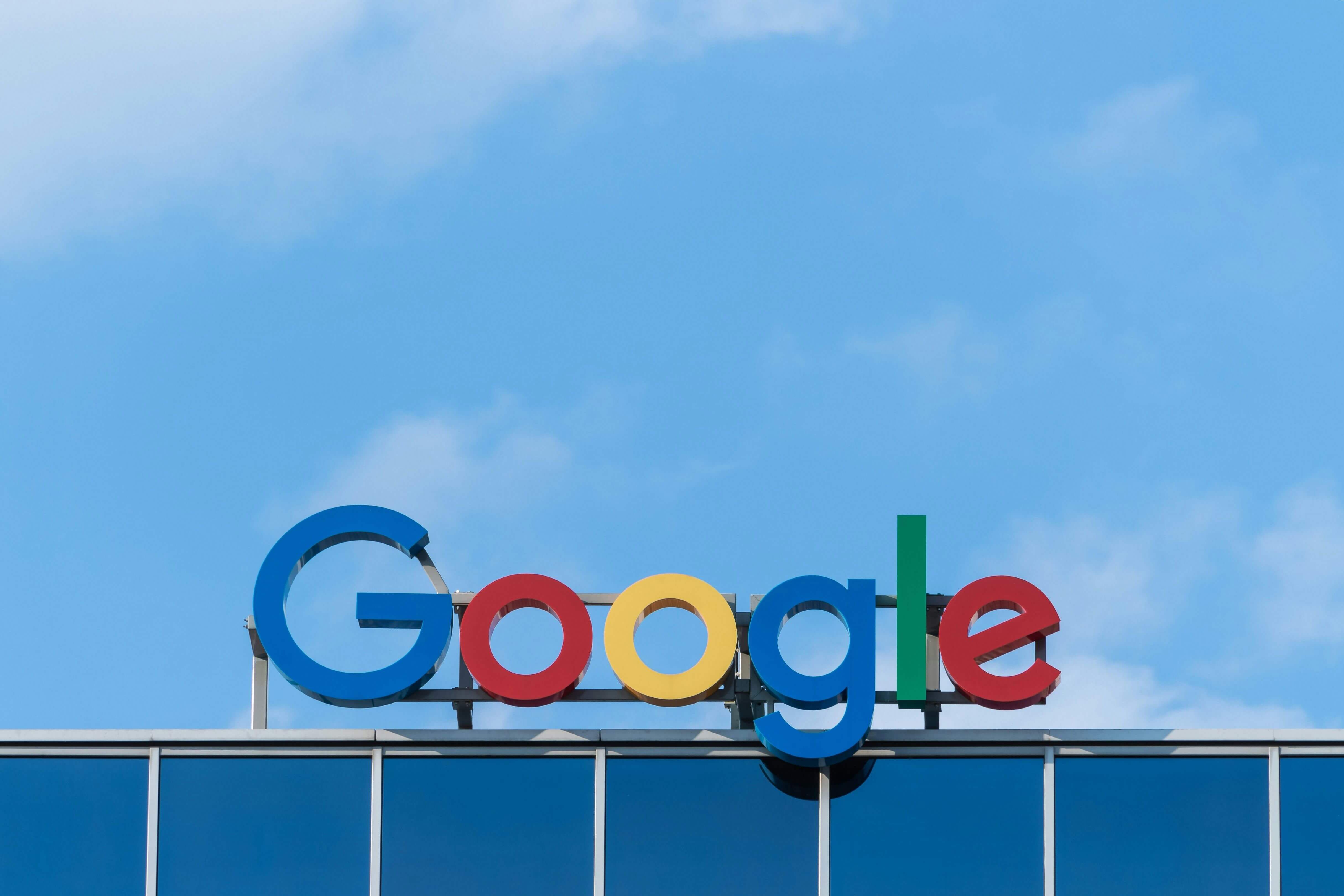Starting March 6, 2024, all businesses advertising to EU/EEA users must integrate with the latest version of Google Consent Mode - their new mechanism that is supposed to ensure data privacy compliance. If these requirements aren’t met, companies will no longer be able to use ad personalisation/remarketing features of services like Google AdSense, Google Ads, and Analytics. Meeting Google’s requirements by the deadline is crucial to avoid the risk of losing significant online revenue.
This change isn't just for businesses directly using Google's advertising services but also extends to those using other tracking and analytics platforms but ultimately sending data to Google's media platforms. This broader application underscores the importance of adapting to ensure compliance and maintain the effectiveness of businesses’ digital advertising strategies.
How it works
Google Consent Mode v2 is a response to the need for greater alignment with European privacy and consumer protection laws, such as the General Data Protection Regulation (GDPR) and the Digital Markets Act (DMA). It provides a mechanism for websites to readjust how Google tags operate based on user consent, particularly around personal advertising and analytics trackers. This initiative is part of a broader Google’s movement towards respecting user privacy while sustaining the online advertising ecosystem's vibrancy.
One of the key elements of GCM v2 is its requirement for granular consent, enabling users to specify their preferences for data collection regarding advertising and analytics. This approach not only aligns with legal requirements but also fosters a trust-based relationship between businesses and their users. The requirement for implementing a consent banner, facilitated by a Google-certified Consent Management Platform (CMP), is central to this process. Non-compliance by the specified deadline could significantly disrupt the ability to leverage Google's suite of advertising tools, impacting data capture, ad personalization, remarketing efforts, and ultimately, revenue.
Furthermore, Google has also introduced specific requirements for CMPs working with publishers and developers that serve ads in the EEA and UK, necessitating integration with the IAB Europe's Transparency and Consent Framework (TCF). This move aims to standardize the consent experience across the digital advertising landscape, emphasizing a unified approach to managing user transparency and consent.
Conclusion
In summary, businesses must prioritize updating their data privacy protocols to meet Google Consent Mode v2 standards before the March 6, 2024, deadline. Not following these new regulations carries consequences beyond a minor punishment. It puts at risk the use of essential advertising personalization and remarketing tools from Google AdSense, Google Ads, and Analytics. Failing to comply could cause services to abruptly stop, resulting in a significant loss of online revenue and potential setback in market competitiveness. Businesses must act promptly to protect their digital advertising effectiveness, not just to comply with legal requirements.
We can support you with the implementation of GCM V2.









